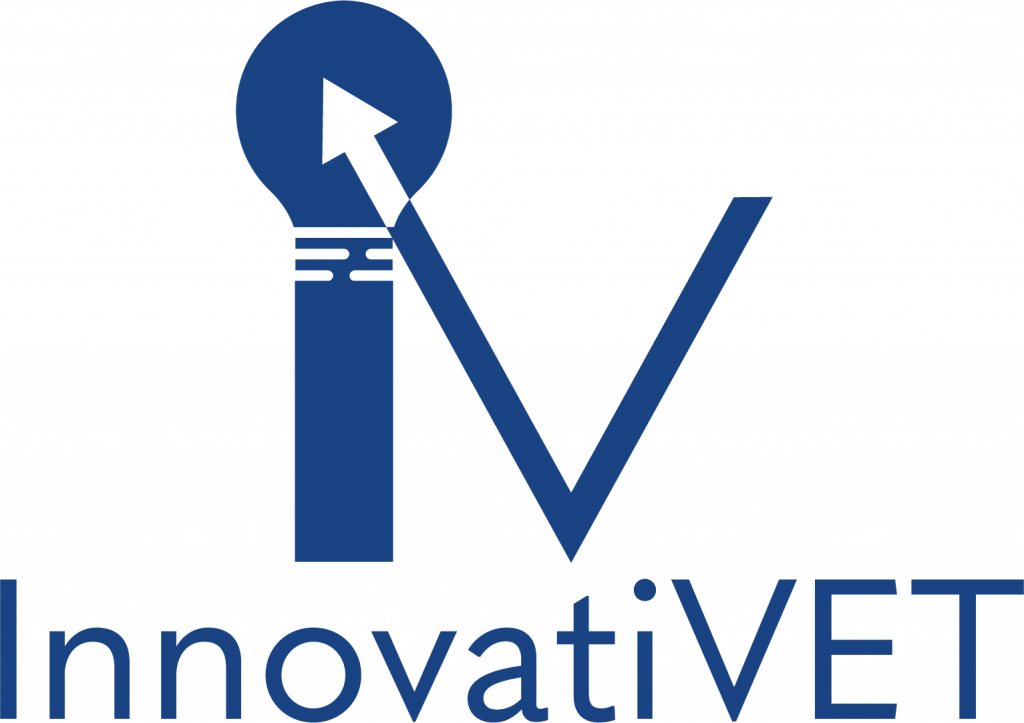
Despite years of massive research effort and numerous development projects, the actual practices in education continues as usual. Previous study from the sector shows that up to 50% and 70% of the teachers expresses that they have not changed their daily practice because of participating in development projects (The Vocational Education Lab & Damvad, 2012). Even though the need for transformation is massive, we continue to practice our teaching as usual.
Since 2002, the Copenhagen process and then the Bruges Commoniqué and finally the Riga Conclusions together with all European Policy Agendas are asking continuously about innovative ways to fight rising levels of unemployment, cohesive and inclusive approaches through non-formal learning activities and recognition of skills and qualifications acquired. Many enterprises are also beginning to see the scope of the challenges they face when it comes to finding the right skills and talents to compete in the years ahead. If they have to compete with intelligent and innovative solutions rather than price, then development of skills and talent are vital resources with a direct impact on growth potentials and positive bottom-line results.
In effect, there is an urgent need to introduce new models of innovation in VET and in all the educational system, and the only effective way is to move the focus on teachers and educators active in the VET system. They need to develop and change their way of teaching in order to change the student skills and increase drastically the students’ employability.


